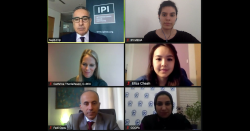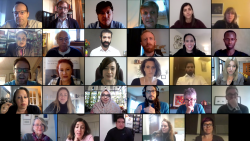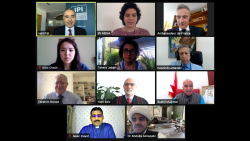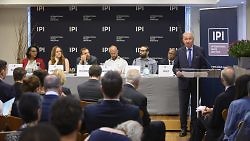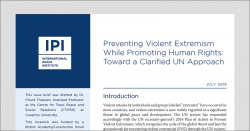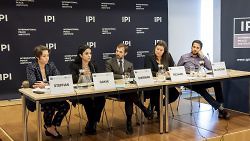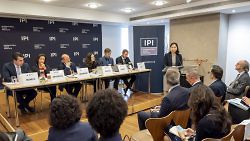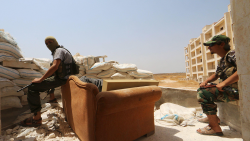
While only a small percentage of men become involved in violent extremism, the majority of violent extremists are men. Across the ideological spectrum, violent extremist and terrorist groups exploit male sentiments of emasculation and loss of power and appeal to ideas of manhood in their recruitment efforts. Yet policymakers rarely focus on gender to help […]
Read more
